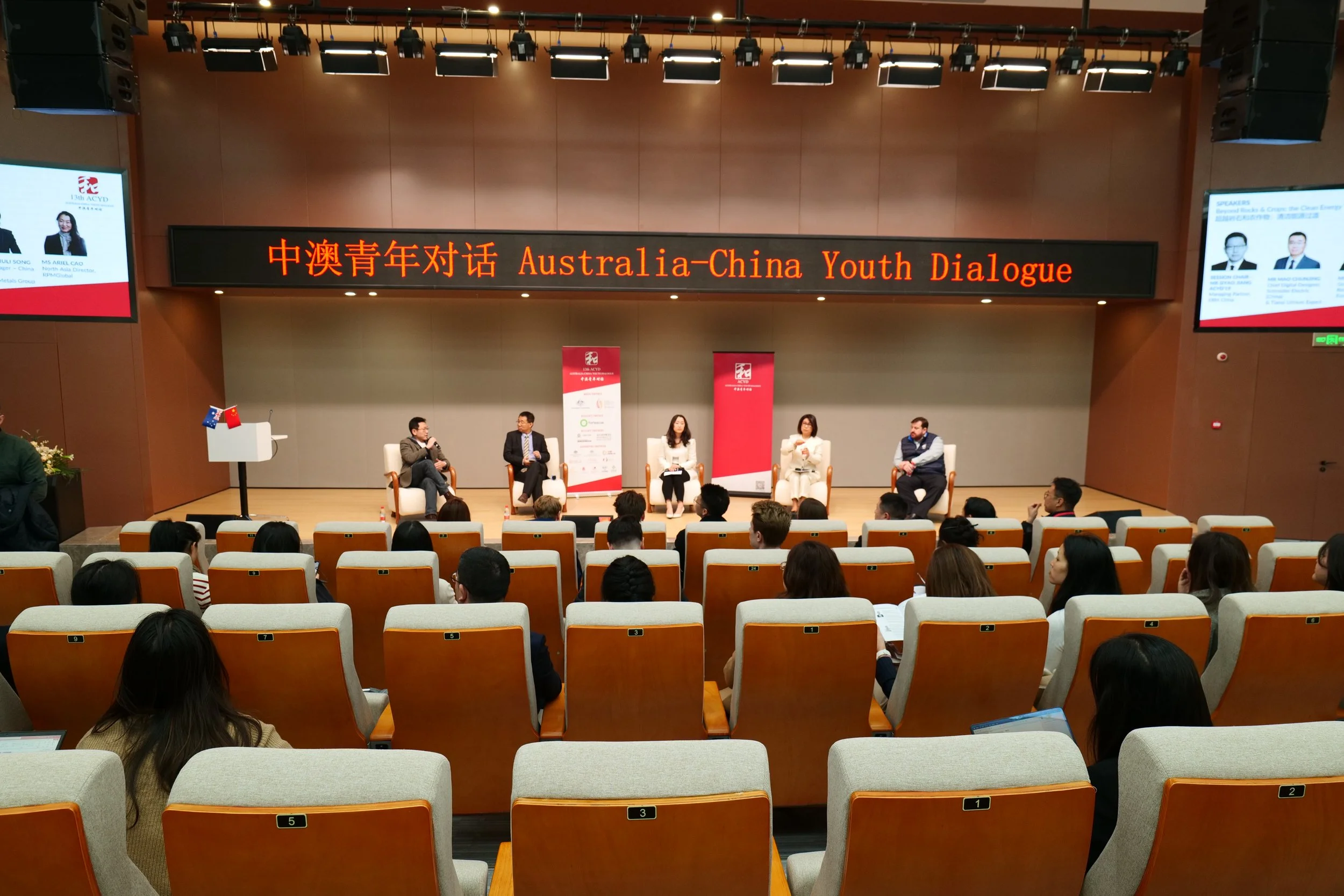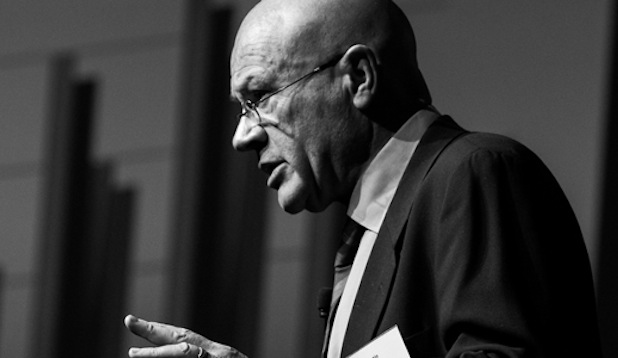If Australia is serious about its position in the Asian century, more opportunities for Asian-based internships need to be available for Australian students and graduates, writes Asialink’s Huw Pohlner.
Australia needs urgent, coordinated action to overcome our asymmetric engagement with Asia and improve our Asia capabilities and intercultural intelligence. This will require substantial new resources, including providing opportunities and incentives to gain Asian experience.
Our relationship with China provides an example of the asymmetries in Australia’s Asia engagement. Australia’s resources trade with China has grown exponentially for over two decades, and Chinese international students now far outnumber any other foreign national group in Australian schools and universities. But the number of Australian students from non-Chinese backgrounds who study Chinese at year 12 languishes at only 300 or so in any given year.
Only 6 percent of Australian year 12 students study any Asian language, a figure that has remained static for over a decade. And university exchange student and intern flows out of Australia are limited and continue to favour experience in developed Western economies.
Internships and other forms of work experience in Asia will be fundamental in addressing this imbalance, building greater understanding and connections with Asia and developing an Asia-capable Australian workforce. Business, governments and educational institutions must work together to build demand for – and increase the supply of – targeted internship opportunities for Australians across the Asian region.
Asialink’s 2012 report, Developing an Asia Capable Workforce, found that Australian businesses see capability issues as among the greatest impediments to planned expansion into Asia. Less than half of 380 businesses surveyed had any board members or senior executives with Asian experience or language ability.
Peer-reviewed research and global business experience highlight the benefits of spending time overseas to global-mindedness and, in this context, Asia capability. The Asia Capable Workforce report listed ‘extensive experience operating in Asia’ as a key component of Asia capability. One of the most effective and lasting ways people can gain such experience is by working and/or studying in Asia, including through exchanges and internships.
But too few Australians are gaining such experience in Asia. International study experiences and internship opportunities for Australians remain weighted in favour of advanced English-speaking economies.
Internships contribute to the development of not just knowledge, but also practical skills and professional networks. They are accessible to workers and students alike, including through secondments arranged by Australian employers. Internships can also be undertaken before, during or after a period of educational exchange to an Asian country. Aside from being relatively short in duration and therefore broadly accessible, internships have the major added benefit of increasing employability.
Empirical studies support anecdotal evidence that university graduates with internship experience are perceived to be better prepared to enter the workforce and more marketable to employers. A 2013 survey of final-year undergraduates in the United Kingdom revealed that students with internship experience were three times more likely to get job offers before graduating than their peers without such experience.
But internships must be designed and implemented appropriately. Well-designed internships can contribute to Asia capability if three core internship components (experience, networks and knowledge) are explicitly incorporated into an Asia-focused program.
Australians need access to internships that are deliberately designed to build their Asia capabilities. For this to happen, business, government and the education sector will need to work together, and efforts to improve access to opportunities must be matched by efforts to increase demand.
Businesses should establish new or expand existing internal programs – and partnerships with universities and internship providers – to open up their offices in Australia and across the region to interns. They must continue to communicate to government and the education sector the importance they place on Asia capability and the relevance of practical work experience.
Governments should further implement the recommendations relating to Asia-relevant capabilities made in the Australia in the Asian Century White Paper. State and federal governments should support further academic and industry research to assess the impact of internship programs on Asia capability and employability.
Universities should expand student mobility programs in Asia to allow more students to include time there as a credited component of their degree program. Student exchanges should be supplemented with practical professional internship opportunities where possible. The relevance and importance of practical experience in an Asia-focused organisation to students’ future careers should be promoted, moving away from an Anglo- and Eurocentric view of overseas opportunities.
Above all, internships must be designed and implemented according to best practice in program management and developing Asia capability. High-quality internships will generate further demand, especially if supported by the business sector through clear indications that Asian experience is highly valued.
This article first appeared in Australia-China Connections: http://www.chinaconnections.com.au/en/component/content/article/18-current-issue/1897-asialink-internships-will-help-build-asia-skills?directory=245
















